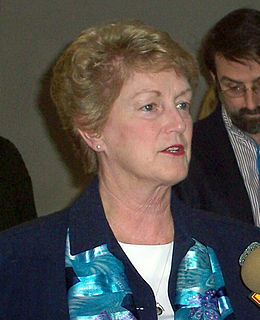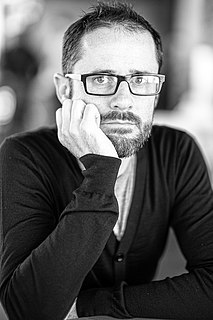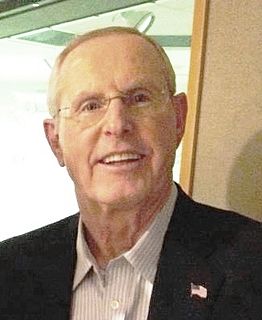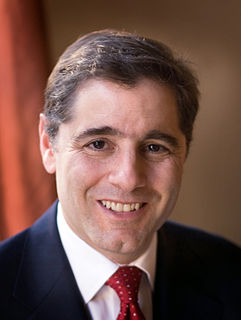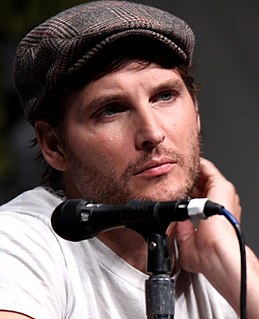A Quote by J. C. R. Licklider
It seems reasonable to envision, for a time 10 or 15 years hence, a "thinking center" that will incorporate the functions of present-day libraries together with anticipated advances in information storage and retrieval and ... a network of such centers, connected to one another by wide-band communication lines and to individual users by leased-wire services.
Related Quotes
Their task [creative artists], therefore, is to communicate directly from one inward world to another, in such a way that an actual shock of experience will have been rendered: not a mere statement for the information or persuasion of a brain, but an effective communication across the void of space and time from one center of consciousness to another.
Authors and publishers want fair compensation and a means of protecting content through digital rights management. Vendors and technology companies want new markets for e-book reading devices and other hardware. End-users most of all want a wide range and generous amount of high-quality content for free or at reasonable costs. Like end-users, libraries want quality, quantity, economy, and variety as well as flexible business models.
...every once in a while it seems like the cosmos part and something great plops into your lap, that's how it was with "Hotel California".. a leased beach house in Malibu ... all the doors wide open on a spectacular July day probably in 1975 ... soaking wet ... thinking the world is a wonderful place to be... with an acoustic 12 string ... those chords just oozed out.
Cloud storage in data centers will utilize the latest developments in physical storage virtualization, deduplication and other methods to make the most effective use of physical storage assets. Software defined storage could allow a further level of abstraction and cost effectiveness. The vast bulk of content stored "in the cloud" will reside on large SATA interface HDDs with some on magnetic (mostly LTO) tape (particularly for "archives.")
We like to say the Internet is the ultimate library. But libraries are libraries because people come together and fund them through taxes. Libraries actually exist, all over the country, so why is it such a reach to imagine and to someday build a public institution that has a digital aspect to it? Of course the problem is that libraries and other public services are being defunded and are under attack, so there's a bigger progressive struggle this plays into.




